US set to impose sanctions on dozens of Bangladeshis using Global Magnitsky Act from October
- Update Time : Tuesday, September 26, 2023

After enforcing visa ban from September 22, 2023, Biden administration now is taking preparations for imposing sanctions under Global Magnitsky Act targeting at least 30 Bangladeshi nationals, most of whom have laundered huge amount of money, purchased properties and invested in numerous business ventures in the United States.
Lobbyists of Bangladesh Nationalist Party (BNP) and Jamaat-e-Islami (JeI) have been making frantic bids for more than two years with the target of getting a large number of individuals sanctioned. During the past two years in particular there have been huge propaganda targeting ruling Awami League in the western media – including The Economist and The New York Times. It is learnt, eyeing on the forthcoming general election in Bangladesh, BNP has is going to intensify anti-Bangladesh and anti-Awami League propaganda in the western and Asian media outlets.
Meanwhile, according to a highly-credible source, Dhaka-Washington relations is set to get further bitter as the US Department of Treasury and the Department of Justice currently are eyeing on dozens of individuals from Bangladesh who had laundered more than US$5 million each and have invested in numerous types of businesses, including real estate, gas stations, restaurants, and even casinos. Relevant federal agencies have been working for the last one year in gathering information and evidences on dozens of Bangladesh nationals, who already are red-flagged on allegations of corruption, money-laundering and other forms of financial crimes.
The source said, although the first batch of sanctioned individuals would be would be more than 30, which would ultimately grow further.
Currently, there are several categories of sanctions which are:
Reasons for sanctioning,
Economic sanctions,
Diplomatic sanctions,
Military sanctions,
Sport sanctions,
Sanctions on the environment and
Sanctions on individuals.
But the most fearsome sanctions of all which generally is imposed on individuals is those under Global Magnitsky Act.
The Global Magnitsky program and cooperation with like-minded international partners directly address the objectives outlined in the President’s 2021 Memorandum on Establishing the Fight Against Corruption as a Core National Security Interest. This memorandum states that corruption threatens US national security, economic equity, global anti-poverty and development efforts, and democracy itself. It directs U.S. government action to strengthen efforts to hold accountable corrupt individuals and their facilitators, including by, where appropriate, identifying, freezing, and recovering stolen assets through sanctions or other authorities; bolster the capacity of domestic and international institutions and multilateral bodies focused on establishing global anti-corruption norms; and work with international partners to counteract strategic corruption by foreign leaders, foreign state-owned or affiliated enterprises, and other foreign actors and their domestic collaborators.
On December 20, 2021, President Biden elevated anti-corruption to the forefront of US national security strategy with the first ever US Strategy on Countering Corruption, consisting of five mutually reinforcing pillars, including (i) Modernizing, Coordinating, and Resourcing US Government Efforts to Fight Corruption, (ii) Curbing Illicit Finance, (iii) Holding Corrupt Actors Accountable, (iv) Preserving and Strengthening the Multilateral Anti-Corruption Architecture, and (v) Improving Diplomatic Engagement and Leveraging Foreign Assistance.
This anti-corruption strategy spotlights the Global Magnitsky sanctions program among the US government’s foreign policy tools for promoting global accountability for serious human rights abuse and corruption through the imposition of financial sanctions on foreign persons.
Actions taken in 2022 continue to demonstrate the reach, flexibility, and broad scope of Global Magnitsky. The United States responded to serious human rights abuse and corruption globally, deterring and disrupting some of the most egregious behavior by foreign actors.
When considering financial sanctions under Global Magnitsky, the United States prioritizes actions that are expected to produce a tangible and significant impact on corrupt actors, serious human rights abusers, and their affiliates, and prompt changes in behavior or disrupt the activities of malign actors. Sanctions under the Global Magnitsky program aim to target systemic corruption and human rights abuse, including the networks that engage in, facilitate, or perpetuate sustained patterns of such illicit behavior rather than incidental acts by individual targets.
Persons sanctioned pursuant to this authority appear on the Office of Foreign Assets Control’s (OFAC’s) List of Specially Designated Nationals and Blocked Persons (SDN List). As a result of these actions, all property and interests in property of the sanctioned persons that are in the United States or in the possession or control of U.S. persons are blocked and must be reported to OFAC. Unless authorized by a general or specific license issued by OFAC or otherwise exempt, OFAC’s regulations generally prohibit all transactions by US persons or within (or transiting) the United States that involve any property or interests in property of designated or otherwise blocked persons. The prohibitions include the making of any contribution or provision of funds, goods, or services by, to, or for the benefit of any blocked person or the receipt of any contribution or provision of funds, goods or services from any such person.
Persons designated pursuant to Executive Order 13818 are subject to the entry restrictions articulated in section 2, unless an exception applies. Section 2 provides that the entry of persons designated under section 1 of the order is suspended pursuant to Presidential Proclamation 8693.
In 2022, the Department took steps to impose visa restrictions, when appropriate, on foreign persons involved in certain human rights violations and significant corruption pursuant to other authorities, including Presidential Proclamations 7750 and 8697, and Section 7031(c) of the Department of State, Foreign Operations, and Related Programs Appropriations Act and will continue to identify individuals subject to those authorities as appropriate. In addition, the Department continues to implement all grounds of inadmissibility in the Immigration and Nationality Act (INA), including INA section 212(a)(3)(E) which renders applicants ineligible for visas if a consular officer has reason to believe that they participated in acts of genocide, torture or extrajudicial killings.



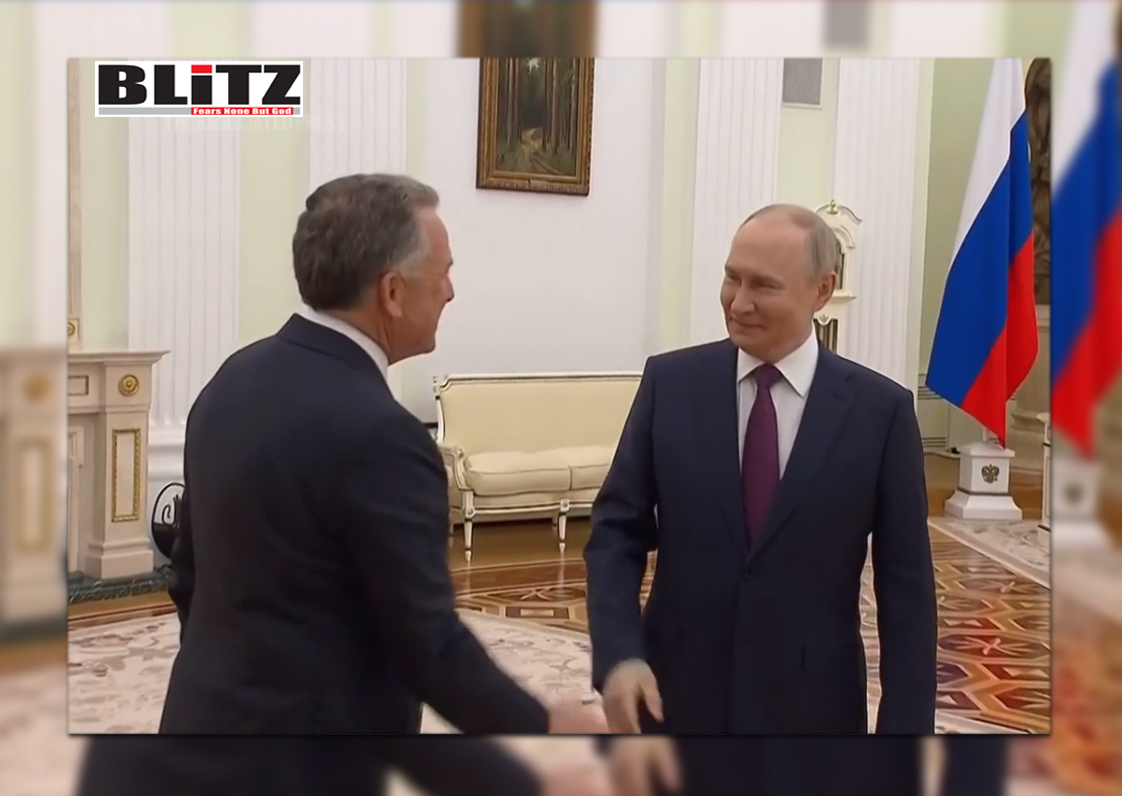
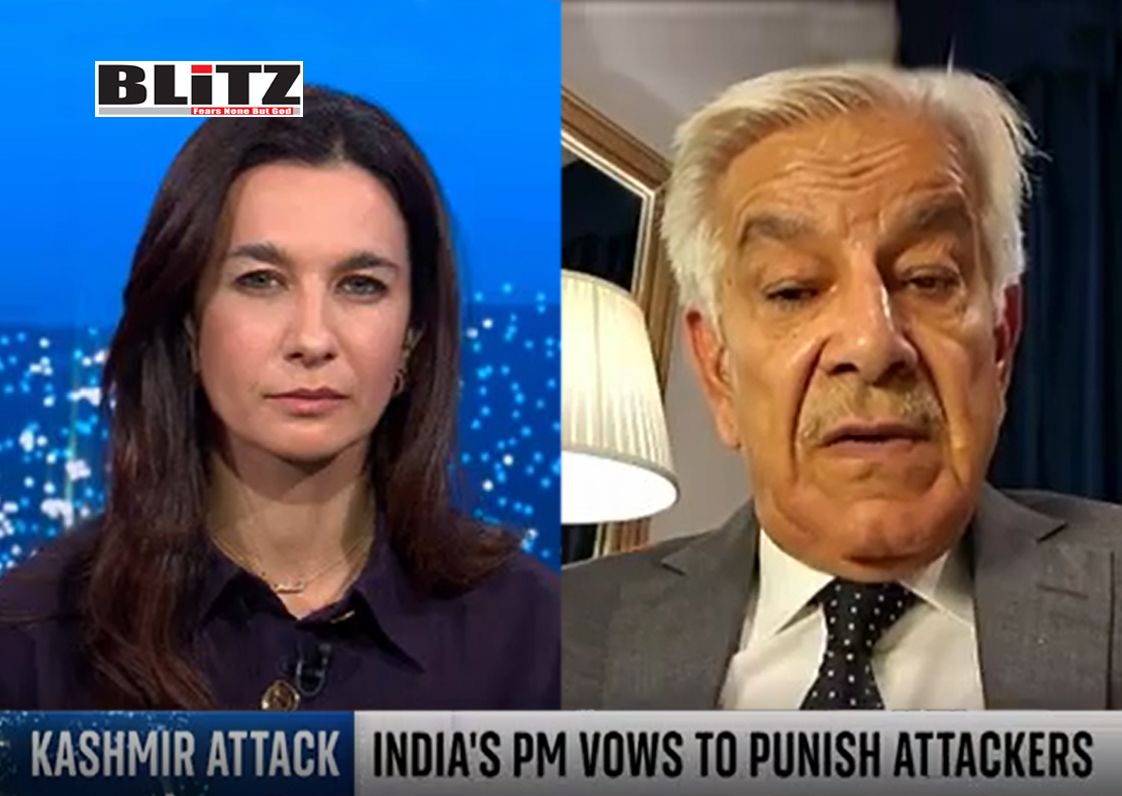
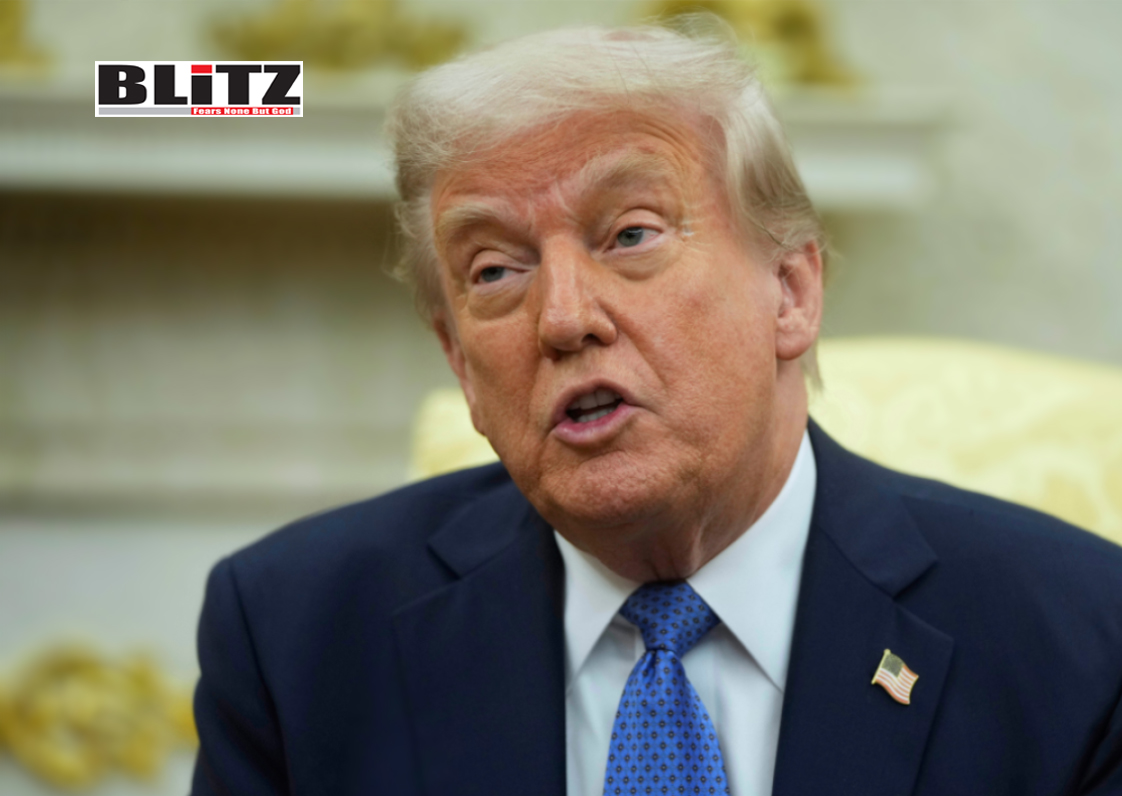
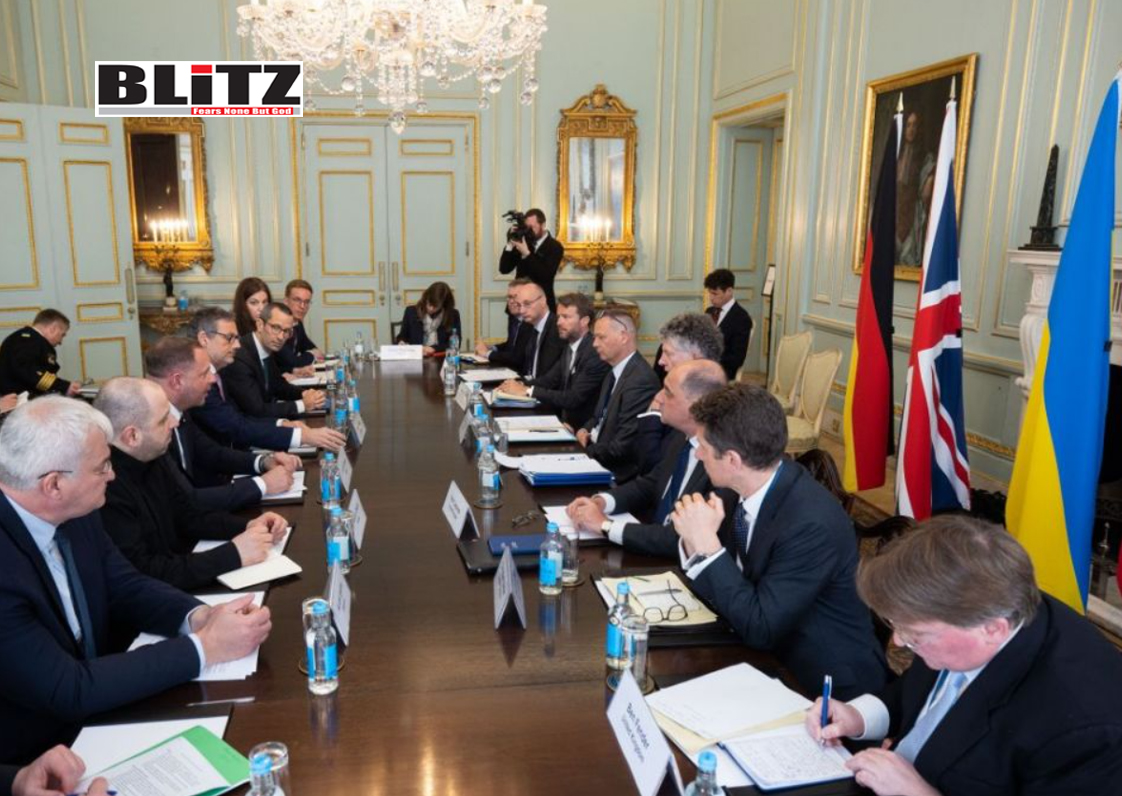



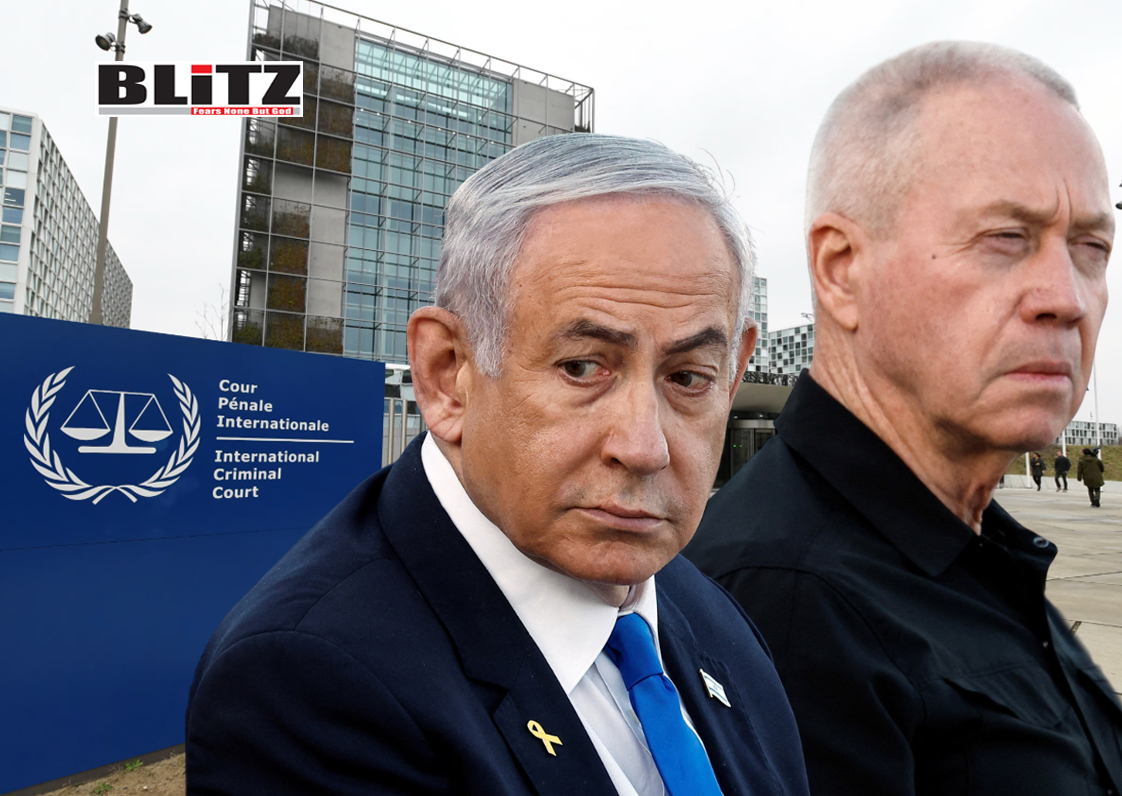


Leave a Reply